Why charity says Sheffield’s past is evidence that change can happen
and live on Freeview channel 276
Journey to Justice is a group of individuals and organisations from around the UK including educators, artists, film makers, lawyers, musicians, historians, curators and trade unionists as well as youth, community, human rights and faith groups.
In Sheffield volunteers of different ages and backgrounds come together to discuss various issues, exploring how to bring about change.
Advertisement
Hide AdAdvertisement
Hide AdMark Hutchinson, a Journey to Justice organiser in Sheffield, said: “It could be a group of friends talking about sport, food, or music.
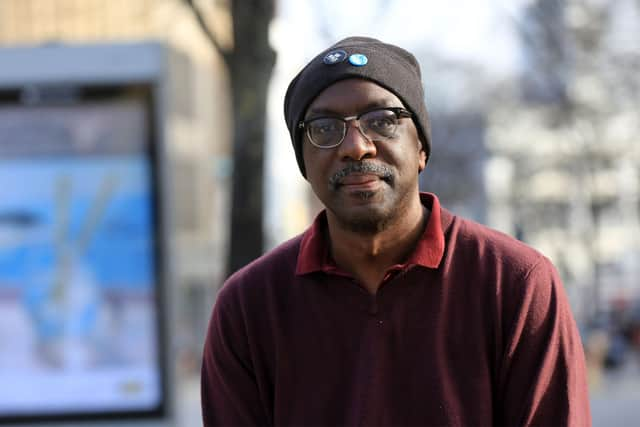

“People have so much in common. We need to celebrate differences, not create barriers and binary shouting matches.
“At the heart of it, people may feel they can make a small step and share.”
He told how thoughts and opinions do not have to be limited and the idea of ‘just getting involved’ was important.
Advertisement
Hide AdAdvertisement
Hide AdMark said those who do get involved often share laughter and find it beneficial for their emotional wellbeing.
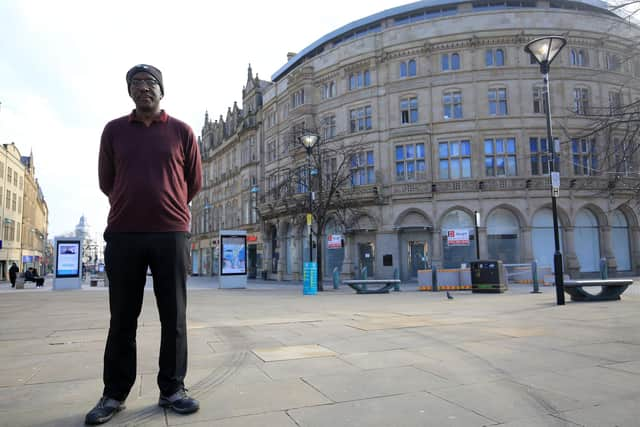

He explained: “It could be about school, litter, noise - just creating a safe space.
“There are different ways in which people want to share, and empower themselves.”
Journey to Justice was an idea developed by Carrie Supple in 2012, who was moved by the stories of African American parents who chose to send their children to formerly all-white schools in 1950s America, despite them risking their homes, jobs and lives.
Advertisement
Hide AdAdvertisement
Hide AdDeciding she wanted to bring those stories to the UK to show that ordinary people have the power to change the world, Journey to Justice was born in October 2013.
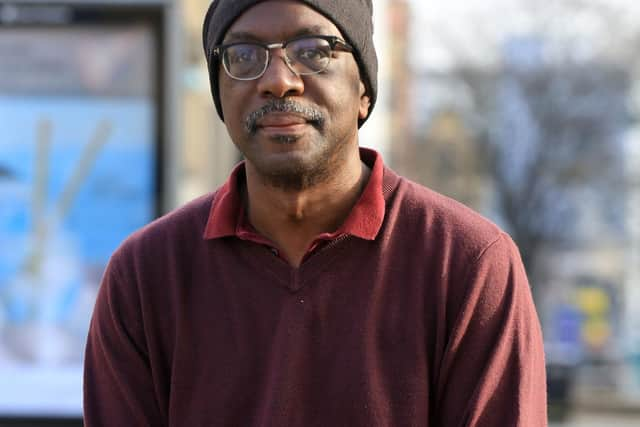

Those who shared the same values felt there was a lack of awareness about past struggles in communities for social justice and human rights, so the aim going forward was to educate and empower society through stories and the arts.
The charity’s first project was a travelling exhibition about the US civil rights movement and its impact, connecting with local UK histories of campaigns for change.
The exhibition proved popular and was well received in Sheffield when it last visited.
Advertisement
Hide AdAdvertisement
Hide AdMark told how there are various examples in Sheffield’s history demonstrating ‘ordinary people doing ordinary things’ to bring about change, and from which people have evidently learned from.
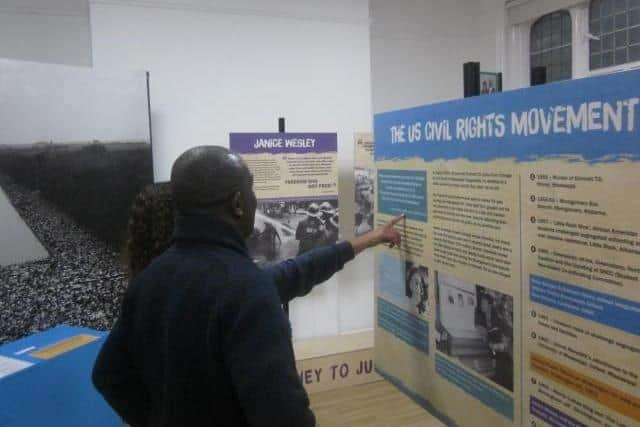

Joseph Gales helped form Sheffield Constitutional Society in the late 1700s. His work included starting a petition in support of universal suffrage.
Edward Carpenter was a 19th century activist who promoted rights for the gay community. He also worked on projects that highlighted the poor living conditions of industrial workers in Sheffield.
Mark believes as a City of Sanctuary, Sheffield is well placed to lead by example when it comes to how individuals and groups have gone about addressing race and identity injustices.
Advertisement
Hide AdAdvertisement
Hide AdFrom the 1960s to the 1980s, the South Asian community in Britain began activism in the form of Asian Youth Movements, who organised politically against racists and the far-right.
Mark described how fighting against discrimination can be achieved by working with others through peaceful means, and it is the continuity of such groups in Sheffield which has helped contribute to meaningful change today with movements such as Black Lives Matter, which has gained momentum in recent years. As a result, Sheffield Council created a Race Equality Commission in 2020 to address racial disparities seen in the city.
Organisations and schools have also begun to look at how they work and whether changes can be made to ensure cultural diversity has been embraced.
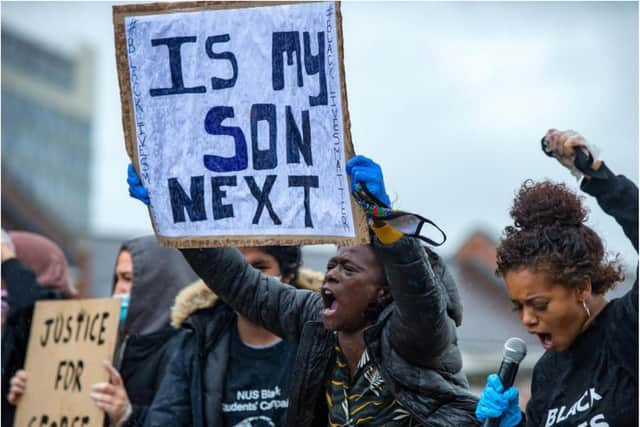

As a history teacher himself, Mark is having conversations about what the current history curriculum offers, suggesting that the history of black churches should be included.
Advertisement
Hide AdAdvertisement
Hide AdIn what Mark describes as a previously conceived ‘dirty word’, feminism is another topic that has attracted more attention in recent years, and is an area which has seen positive change.
Sheffield Feminist Archive was established in 2015, run by a group of volunteers working to document feminist activism and women's stories in Sheffield.
Journey to Justice holds an annual civil rights walk and also works with various other organisations in the city, such as the Migration Matters Festival.
Mark believes that individuals and groups working together with the council and media is effective in bringing about change.
Advertisement
Hide AdAdvertisement
Hide AdHe told how the pandemic has exacerbated inequalities in society however.
For example, young people’s education has been negatively affected by the digital divide, families are having to use food banks and homeless has increased.
Journey to Justice began a new project, Economic (In)Justice as a matter of urgency following the coronavirus crisis and the Black Lives Matter movement.
Mark said: “Whatever affects one directly affects us all indirectly.”
Advertisement
Hide AdAdvertisement
Hide AdHe suggests that people must look at ways to ‘give a voice to all in society’ to ensure people are not left behind, but there is no one way to do this.
Mark explained: “Through education, as a society both locally and on a larger scale, we need to keep having debate.
“How do they learn? What should be the outcome of that learning? What have we heard and seen?
“We have to keep coming back to issues. If some are left behind and society moves on, it is not addressed.”
Advertisement
Hide AdAdvertisement
Hide AdHe agrees that matters still exist but believes there are ‘so many examples’ that can be used to inspire people to make change.
And Mark said how Captain Tom Moore was an example at a very local and specific level, but it could be as simple as sharing a story on social media.
For more information, see Facebook, Twitter or Instagram, visit here, or email: [email protected]